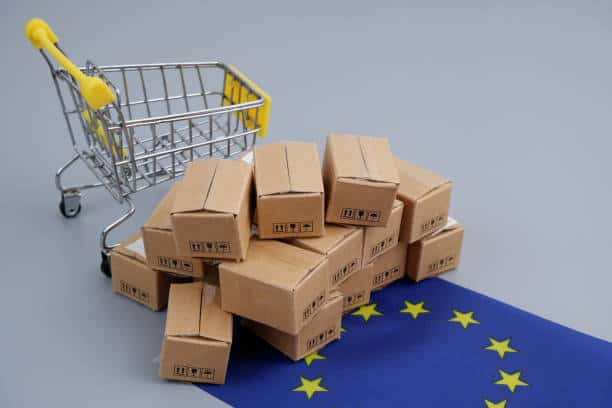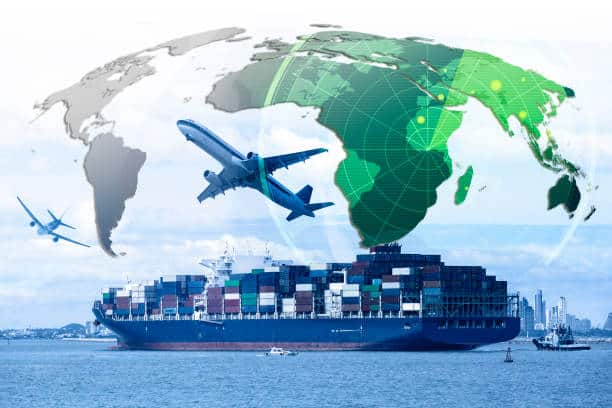Efficient Supply Chain Solutions Power African Mining Project
A well-coordinated logistics operation has successfully transported essential heavy equipment to support a major mining project in Botswana. The shipment, originating from Ghana, included eight 75-ton dump trucks, a wheel loader, and a dismantled excavator, totaling 881 tons and 3,277 cubic meters. To ensure a seamless journey, a combination of Roll-On/Roll-Off and Multi-Purpose vessels facilitated…
Details









